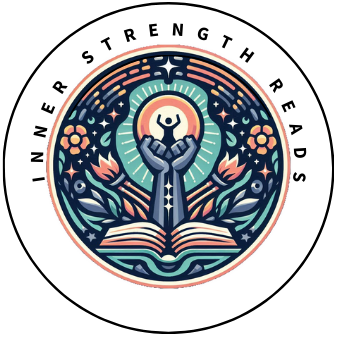
Self-help is having a bit of a moment right now. This isn’t just a coincidence. With everything going digital, people are finding it super convenient to get their hands on self-help books and online courses. Scroll through social media or your favourite online store, and you’ll see options everywhere, each promising to change your life. It’s like a choose-your-own-adventure book but for bettering yourself.
There’s a big draw to the idea of improving your situation on your own terms. When life feels overwhelming, the thought of flipping open a book and finding answers or motivation is pretty empowering. People love the idea of getting insights and motivational tips that can push them to make real, tangible changes in their lives.
The great thing about self-help is the variety. You’ve got everything from books to interactive online courses and seminars led by experts. Whether you’re into reading, watching videos, or engaging in live sessions, there’s something out there for everyone. It’s all about finding what resonates best with you and your personal journey.
Benefits of Self-help: Unlocking Potential and Personal Growth
Ever feel like you’re stuck in a rut and need a push to get going? Self-help might just be what you need to get that boost. It’s all about feeling empowered, taking charge, and navigating life’s ups and downs on your own terms.
Imagine waking up every day feeling like you have the tools to tackle whatever comes your way. Self-help can provide that toolkit. Whether it’s positive thinking or cognitive-behavioral strategies, these methods can help improve your mindset and mental health in practical ways.
Having a clear vision can do wonders. Self-help often focuses on setting personal goals and creating a roadmap for success. It’s about breaking down those big dreams into manageable steps and actually seeing progress happen.
But don’t just take my word for it. Think about John. He set out to improve his mental health by using techniques from self-help books he read on meditation and mindfulness. Over time, he found himself less stressed and more focused, which led to better everyday interactions.
This self-help victory isn’t an isolated example. Many people have these little victories every day, tackling challenges that seemed impossible before. It’s about making the mindset shift from ‘I can’t’ to ‘I can’, and feeling liberated by that newfound confidence.
Challenges and Limitations of Self-help: Navigating the Overwhelming Influences
It’s not all sunshine and rainbows in the world of self-help. With so much advice out there, it’s hard to separate the wheat from the chaff. Some books and courses make promises that sound too good to be true, and guess what—they probably are.
The generic advice in many self-help resources can be a double-edged sword. While the idea of a one-size-fits-all solution is appealing, it’s often far from realistic. Life’s complexities can’t be solved with blanket statements or cookie-cutter approaches. It’s crucial to remember that self-help is just one piece of the puzzle.
An over-reliance on self-help might sometimes keep people from seeking professional help when they need it. Reading books and watching videos can be tempting, but consulting with a therapist or counselor is important for issues that are deeper than surface level.
Then there’s the aspect of bias and cultural specificity that some self-help resources don’t address. Many pieces are written from one perspective, targeting a specific demographic. It’s pivotal to critically assess whether the advice truly fits your situation and background.
And let’s not forget about the financial side of things. Self-help is an industry, and like any industry, it comes with its costs. From expensive seminars to endless book releases, it can hit your wallet before you even realize it. It’s key to prioritize your purchases and focus on the most credible resources available.
Balancing Self-help with Professional Guidance: Creating a Harmonious Path to Wellness
Self-help can be a fantastic starting point, but knowing when to reach out for a helping hand is essential. Identifying when it’s time for professional intervention can make all the difference.
Bringing together self-help techniques with therapy or counseling can create a well-rounded approach to personal growth and mental wellness. It’s like combining the best of both worlds to create a stronger support system.
Setting realistic goals is part of this journey. Being open to expert guidance as part of the process helps ensure you’re working within a framework that’s both ambitious and achievable.
Choosing the right resources is key. Look for credible authors and sources that align with what professionals might recommend. Quality over quantity should be the mantra when it comes to selecting self-help materials.
The journey to self-improvement doesn’t have to be solo. Mixing in the expertise of professionals with the motivation of self-help can lead to profound changes. It’s about respecting both realms and letting them complement each other.

